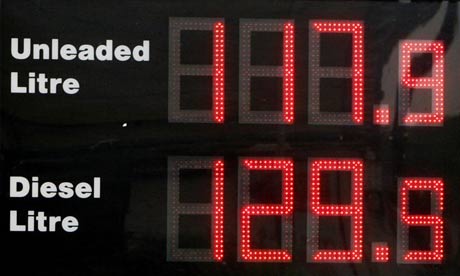
There have much of the sparks flowing between two of the biggest Asian economies recently. Owing to the financial hassle today more or less survival has become the basis to move on and all of the economies are struggling to do that. As most of the economies are keeping their currencies exceptionally undervalued to boost exports and make imports costly the question remain who ultimately will buy ? Since everyone is following the same, and is ready to sell, but no one is in, to buy it is difficult to predict the future.
Added to the situational paradox, there are financial hassles and problems where the economies are fighting with each other to survive. Chinese recently, started buying large chunks of yen from the market to push their values up. China and Japan both run an export driven economy and sustain it through artificial exchange rate manipulation. Recently as China released its grip over its currency by nearly 2% many of the international currencies like Yen have started threatening its market. This has led China to buy up large chunks of Japanese money to push their values up.
As the Japanese currency went up it might have benefited the Chinese, as the Americans now found it better to buy from China than Japan but it started hurting the Yen trade. For the past one month the value of the Japanese currency has been high and large amounts of its trade is being affected by it. Starting from a value close to 100 yen per dollar last year, it went down to a 15 year lowest value at 83. Japanese trade was literally wiped out as it continued to strengthen against the dollar.
As a result the Bank of Japan last week released a buffer package to cushion the deadly cycle that was troubling its trade. An amount to the tune of nearly 20 billion USD worth of Yen was released in the market last week to buy American treasury bonds to depreciate the value of Yen. Americans had till now been very concerned about the Chinese artificial manipulation but this is the first time a similar story related to Japan is coming out.
With such huge rate manipulations going around today, this does not seems to be a really big thing. But the question is would be a long term benefit? Obviously not. Likewise China, Japan will now have to keep buying American treasury bonds on a regular basis to keep the exchange rate fixed. Regarding benefitting this is just going to be a minute long story. Japan has used to artificially boost its exports for a very short period of time whose tunes are going to die very soon. It may affect Chinese sales to a certain limit but not to a larger extent. The main impact would be seen in a short while on how the Japanese government fairs in its own policies. On one side it is facing deflationary circumstances and huge unemployment and on the other hand a competent stage. The economics of the Japanese industries has still not left behind recession made bruises, and the country is diluting the currency to keep itself in a selling posture, but what will you give to your citizens when they are spending more to make something which you are deliberately trying to sell cheaply internationally.















